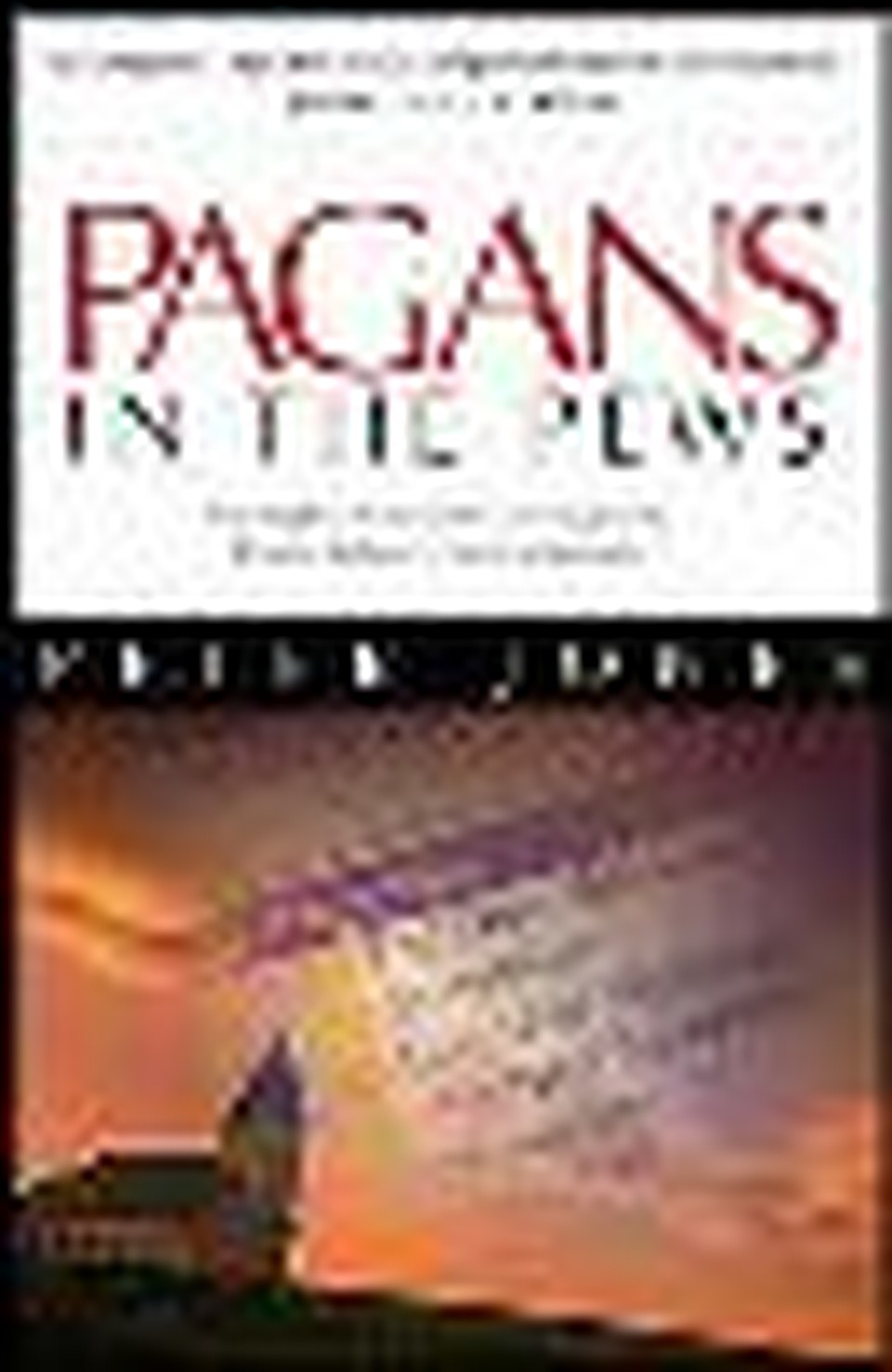Watch Out for Pagans in the Pews

A spiritual battle is raging inside churches today, between biblical orthodoxy and a New Age spirituality that seeks to confuse the faithful and destroy the faith. Unfortunately, many people who call themselves Christians are in fact embracing pagan beliefs. Christians who are truly following Christ need to confront heresy and take a stand for truth to bring about much-needed healing in the church.
Here’s how you can understand and respond to the destructive theology that has invaded churches today:
Be aware that some “churches” aren’t Christian, despite their names. Realize that some congregations who label themselves as Christian churches have rejected some of the foundational aspects of Christianity, such as Christ’s incarnation and redemptive work on the cross. Moreover, they have rejected biblical ethics and eschew the pursuit of holiness to condone any type of lifestyle. When searching for a church, do your research so you can discern whether or not a particular church is biblical.
Recognize the far-reaching implications of the spiritual battle being waged. Understand that those who undermine the faith aren’t just trying to take over church life; they’re trying to change society, and ultimately, the entire planet. Pagans want to transform the minds and hearts of people worldwide, and many people caught up in their beliefs are being led farther and farther away from the truth. Take heresy seriously, knowing it has a powerful effect on the future and it’s crucial for faithful Christians to stem the tide of destruction.
Understand the basic beliefs of this destructive spirituality called “Monism.” There are five basic principles to this theology, that can be expressed in many forms (such as Gnosticism, goddess worship, relativism, witchcraft, and Christian liberalism):
- All is one and one is all, means that the universe is a mass of undifferentiated, related energy. God is simply a part of creation, not a separate, distinct Creator.
- Humanity is one, means that people are part of a divine, cosmic whole and thus can create their own reality. Each person is a source of truth, and since everybody’s truth is different, truth is relative and tolerance is the highest virtue.
- All religions are one, means that no religion can claim to have an exclusive claim to the truth, and all creeds are interchangeable. All religions should blend into a global, unified system.
- There is one problem, means that the world’s main problem is that reality has been divided into opposing camps. There should be no distinctions between good and evil, right and wrong, truth and error, God and Satan, human and animal, male and female, homosexual and heterosexual, pagan and Christian, heresy and orthodoxy, reason and irrationality.
- There is one means of escape, means that the only way to salvation is spiritual understanding that’s acquired through intuition and meditation. When people experience a liberating paradigm shift, they can redeem themselves and help redeem the planet.
Embrace universal truth. Know that Christianity isn’t simply one option among many equally valid religions. Embrace the fact that God created the universe to work on the principle of absolute truth, and that Christ embodies that truth. Understand that relativism’s claim that absolute truth is absolutely not true doesn’t make sense. Moreover, realize that the world operates on the basis of the absolute principles God used to design it.
Learn about church history. Recognize that the New Age is actually an old lie. Understand how the current spiritual battles have been fought in ages past so you can more effectively fight for the truth today.
Protect God’s Word. Realize that pagans will often change the Bible to suit their own desires – either adding heretical texts to canonical ones or deleting passages that bother them. Don’t settle for any version of the Bible that’s been deconstructed by those who don’t want to accept its pure, full message.
Ask God to guide you as you study the Bible. Test the spirits when you interpret Scripture. Pray for the Holy Spirit to fill you as you read and give you the wisdom to correctly interpret the Bible. Research the writer’s intent instead of relying on your own experience or feelings of what particular passages mean to you. Don’t pick and choose selected verses to justify your own desires, but take them in their full context to help discover what God truly wants for you.
Understand the goal of pagan religious experience. Realize that pagans attempt to create heaven on earth themselves by trying to experience a utopia and gain the knowledge and power to create their own destinies without fear. Know that they will always be doomed to fail in this quest because only God can bring about true transformation.
Choose truth over experience. Understand that simply having a spiritual experience doesn’t necessarily mean that you encountered God. Remember that Satan and other evil spirits masquerade as “angels of light” and that Christians can ask the Holy Spirit to give them the wisdom they need to properly discern situations. Rely on the truth of God’s Word, and know that if an experience contradicts what the Bible says, that experience is spiritually counterfeit.
Communicate the gospel message to those around you. Make evangelism a priority. Develop caring relationships with people around you, show them God’s love, and communicate God’s truth to them.
Adapted from Pagans in the Pews, copyright 2001 by Peter Jones. Published by Regal Books, a division of Gospel Light, www.regalbooks.com.
Peter Jones is professor of New Testament at Westminster Theological Seminary in California. He is the father of seven children and author of several books, including The Gnostic Empire Strikes Back and Gospel Truth/Pagan Lies. Peter plays golf to a three handicap and he also plays jazz piano. His Website is www.spirit-wars.com.
Originally published March 05, 2004.





